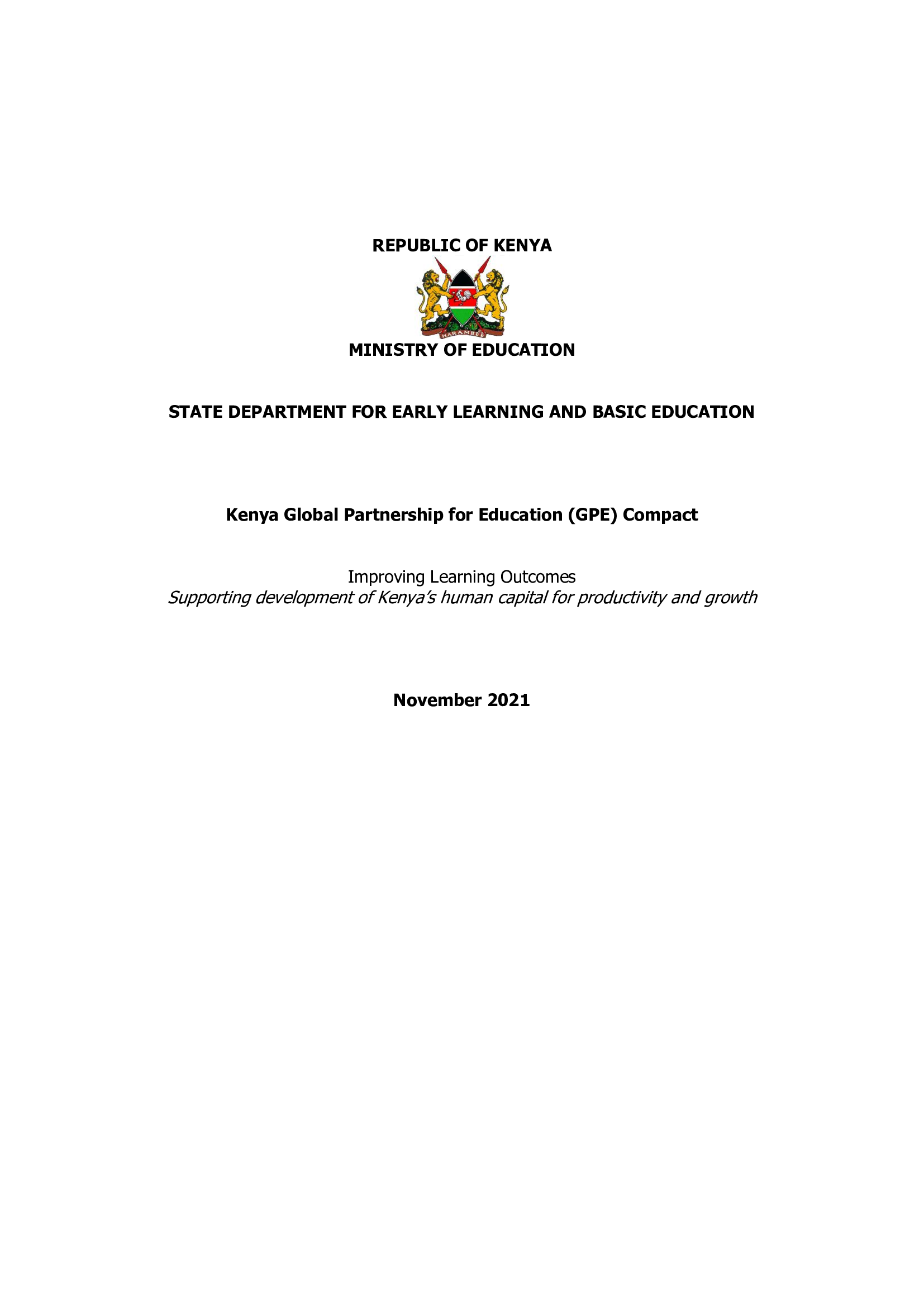Education in Kenya

Partner since:
Total grant support: US$348,191,736
Grant eligibility:
- Multiplier
- System capacity
- System transformation
Partnership Compact
Priority: Improve learning outcomes to support the development of Kenya’s human capital for productivity and growth.
Coordinating agency: FCDO, UNESCO
GPE Team lead: Esohe Joan Eigbike

